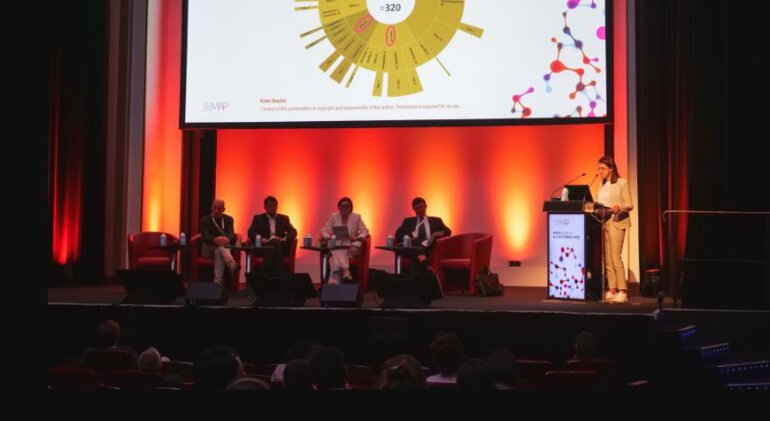
Guiding you through the latest cancer research
At the ESMO Congress 2023, our mission with the newspaper articles and expert opinions is to disseminate clear information from the studies presented and help understand their potential impact on cancer care









